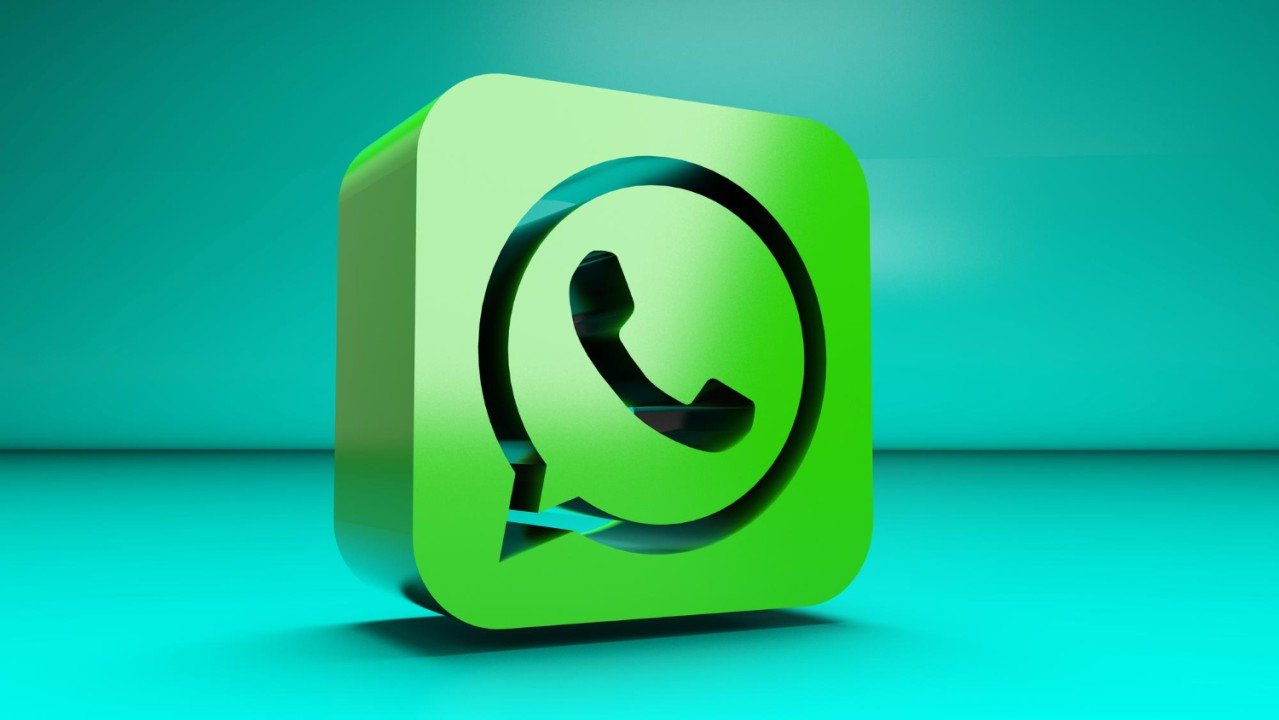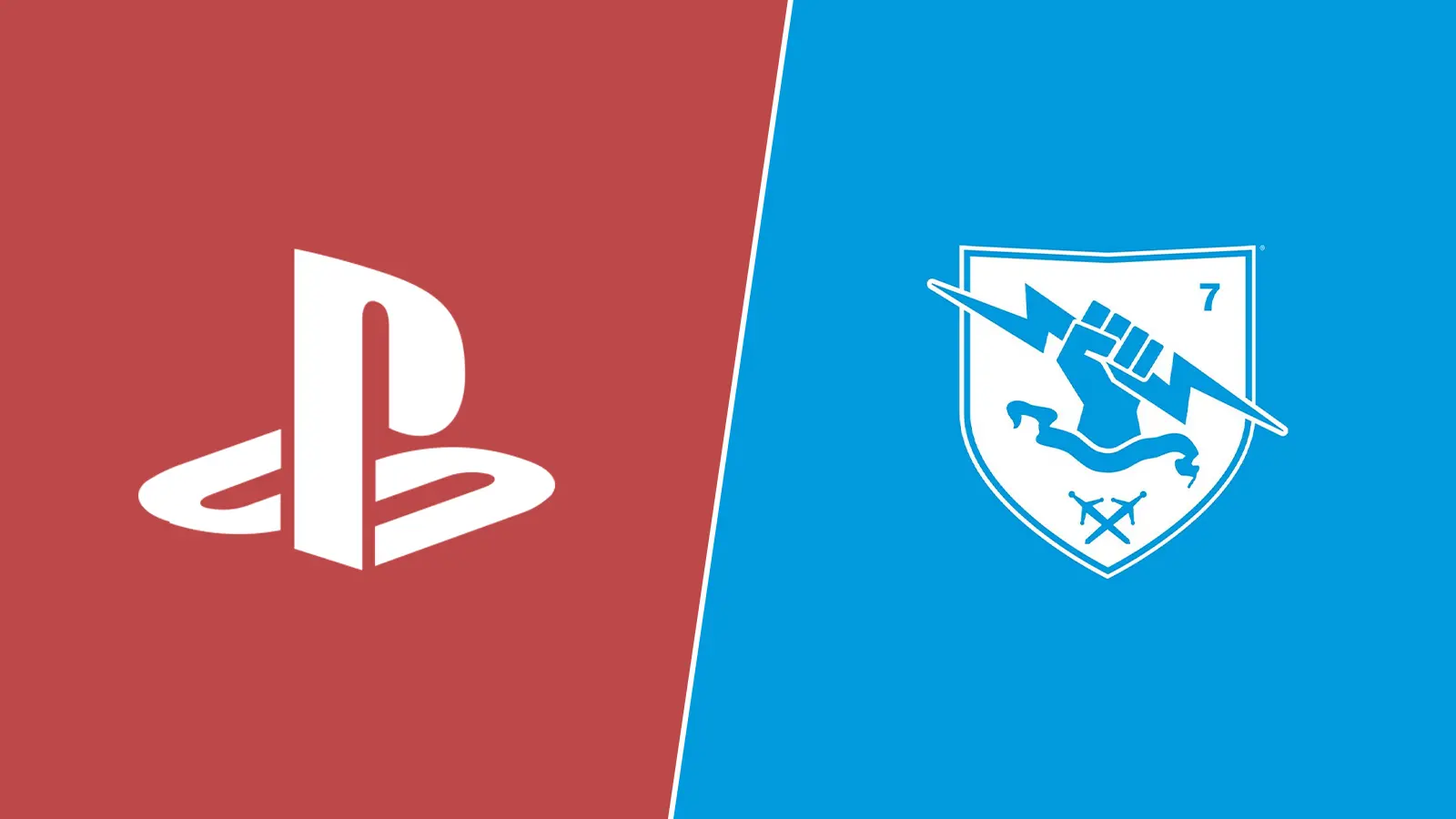In the evolving landscape of digital marketing, WhatsApp AI chatbots have emerged as a significant tool for businesses to enhance customer engagement, streamline operations, and drive sales. As businesses continue to seek innovative ways to connect with consumers, the integration of AI chatbots into WhatsApp is proving to be a transformative strategy. This article explores the growing importance of WhatsApp AI chatbots, their benefits, and real-world applications in marketing.
What is a WhatsApp AI Chatbot?
A WhatsApp AI chatbot is an automated messaging software that uses artificial intelligence (AI) and natural language processing (NLP) to simulate human conversation. These chatbots can handle a variety of tasks, from answering frequently asked questions to managing customer service inquiries, providing personalized recommendations, and even processing orders.
Benefits of WhatsApp AI Chatbots
- Enhanced Customer Service WhatsApp chatbots provide round-the-clock customer support, ensuring that inquiries are addressed promptly, regardless of the time of day. This 24/7 availability improves customer satisfaction and fosters loyalty by making customers feel valued and attended to at all times.
- Increased Sales and Marketing Efficiency Chatbots can serve as personal shopping assistants, helping customers with product inquiries, offering personalized recommendations, and following up on abandoned carts. This leads to a smoother purchasing experience and can significantly boost sales.
- Scalability As businesses grow, the volume of customer interactions increases. WhatsApp chatbots can handle large volumes of inquiries simultaneously, maintaining consistent service quality. This scalability is crucial for businesses aiming to expand their customer base without compromising on service.
- Streamlined Operations By automating routine tasks such as appointment bookings, order tracking, and answering FAQs, chatbots free up valuable time for human employees to focus on more strategic projects. This leads to improved resource allocation and operational efficiency.
Real-World Applications
Lenovo
Lenovo Indonesia has successfully utilized WhatsApp chatbots to enhance customer engagement and increase conversion rates. By offering a seamless, self-service experience through WhatsApp Flows, Lenovo saw an 8.2x increase in conversion rates compared to its website.
Decathlon
The sports retailer Decathlon switched from traditional email and phone support to WhatsApp, which reduced response times and improved customer satisfaction. Automated procedures and efficient agent handover on WhatsApp resulted in a significant reduction in processing times and higher customer satisfaction ratings.
The Little Farm Co
This home-grown brand used WhatsApp chatbots to optimize its marketing spend and reach more customers. The integration of click-to-WhatsApp ads enabled them to maintain high levels of customer engagement while expanding their customer base.
Building a WhatsApp AI Chatbot
Creating a WhatsApp AI chatbot involves several steps, starting with setting up a WhatsApp Business account and integrating it with a chatbot platform like Twilio or Sinch Engage. These platforms offer user-friendly interfaces and require no coding skills, making it easier for businesses to get started. Essential tools for building and managing these chatbots include Python, Flask, and Twilio APIs.
The adoption of WhatsApp AI chatbots is set to rise as more businesses recognize their potential in improving customer interaction and operational efficiency. With advancements in AI and NLP, chatbots will become even more sophisticated, offering more personalized and interactive experiences for users.
WhatsApp AI chatbots represent a significant advancement in the field of digital marketing. Their ability to enhance customer service, increase sales, and streamline operations makes them an invaluable tool for businesses. As the technology continues to evolve, it is likely that more businesses will adopt chatbots to stay competitive in the digital marketplace.



















Add Comment